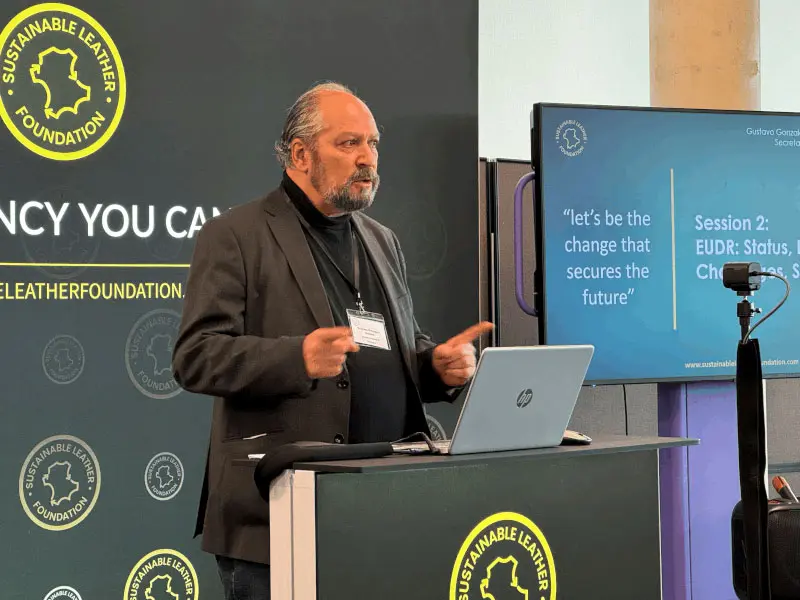COTANCE Officially Announces Withdrawal from the Technical Secretariat (TS) of the Product Environmental Footprint Category Rules (PEFCR) for Apparel and Footwear
Reasons for Withdrawal
COTANCE, the European leather industry association, has expressed profound regret over its decision to disengage from the PEFCR process. The primary reason cited is the inability to revise the default durability values applied in the PEFCR for apparel and footwear. These values disproportionately penalize products made from natural materials such as leather, wool, and cotton, while indirectly favoring less sustainable alternatives. According to COTANCE, this methodology sends misleading signals within the ecodesign framework by discouraging the use of durable materials and promoting fast fashion instead.
Official Statement
The COTANCE Board has decided to withdraw its participation in the PEFCR process and requested the removal of all references to its organization or representatives from updated PEFCR documents. This action aims to prevent any misinterpretation of support for a methodology it no longer endorses.
Gustavo Gonzalez-Quijano, Secretary-General of COTANCE, stated:
“We joined this process in good faith to create a fair and science-based environmental framework for fashion. However, we witnessed a system that unfairly penalizes durable, natural materials like leather—precisely the type of products that should be promoted within a circular economy. We cannot support a methodology that prioritizes fast fashion over long-lasting quality. Nevertheless, we remain committed to engaging with the European Commission to address these issues in future revisions of the PEFCR framework”.
Future Commitment
Despite its withdrawal, COTANCE reaffirmed its dedication to dialogue with the European Commission. The organization aims to advocate for changes in the PEFCR methodology during its next review cycle to ensure proper recognition of natural and durable materials within sustainability metrics.
Conclusion
COTANCE’s decision highlights the critical need for environmental metrics that incentivize sustainable practices and durable materials over short-term solutions like fast fashion. This move underscores the urgency for European policies to align with responsible and ecological approaches in the fashion industry.

Gustavo Gonzalez-Quijano, Secretary-General of COTANCE
